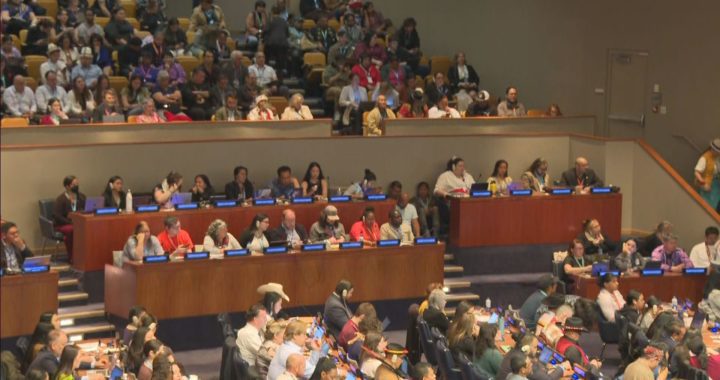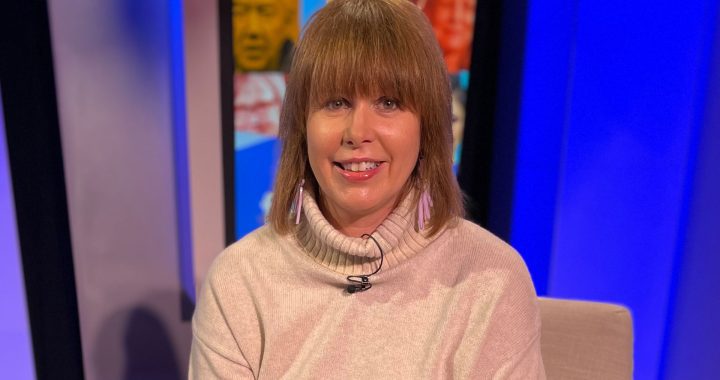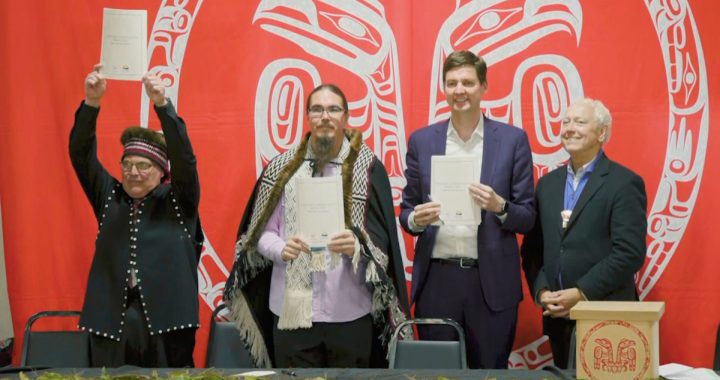Odelia and Nerissa Quewezance from Keeseekoose First Nation in Saskatchewan were released Monday on bail after spending 30 years in custody for a second-degree murder conviction in 1994.
Justice Donald Layh said that Gladue factors and time in residential school are factors in considering releasing the sisters on bail.
“The Quewezance sisters fall squarely within the frequent judicial statement that requires the court to consider their experience as Indigenous women,” said Layh.
Gladue reports present circumstances of a self-identified Indigenous accused’s life for a judge to consider while deciding on bail or a sentence if convicted. These can include personal and community histories, and traumas such as colonialism and its ongoing impacts.
The judge further said that he did not view the sisters as a flight risk or a threat to public safety.
“I conclude the Quewewzance sisters have raised matters that have convinced me that they have met the threshold of a sufficiently strong case that the public interest does not require their continued detention pending the minister’s further determination,” said Layh.
The judge issued the bail release with several conditions that requires them to abide by a curfew and counselling.
“I feel overwhelmed, I’m relieved we’re home free and I just want to thank the judge and that’s all I have to say right now,” Odelia, 51, said outside the courthouse in Yorkton, Sask.
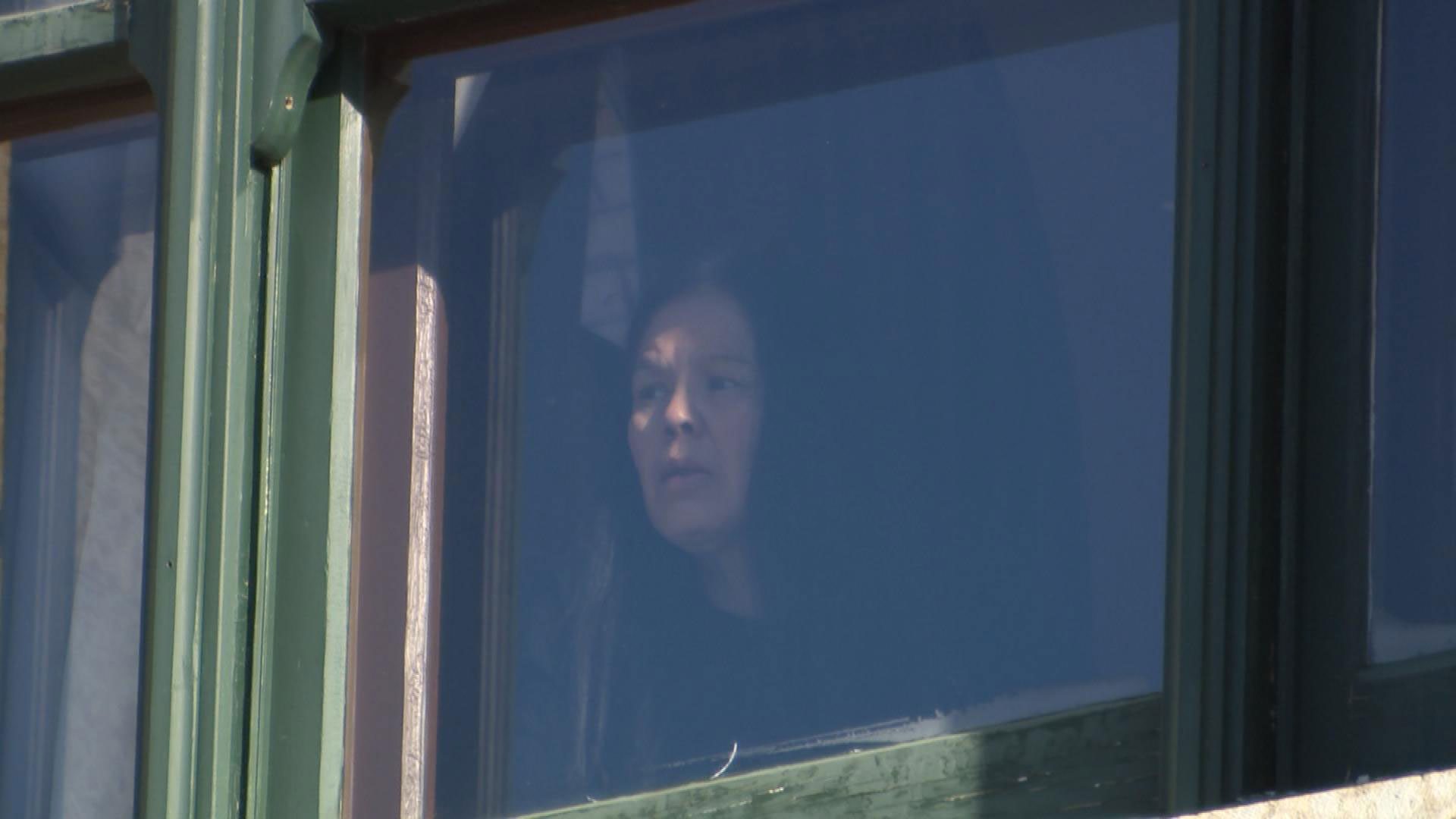
“I’m shocked but thank you.”
Odelia thanked her family and all the people who have been supporting the sisters.
Nerissa, 48, didn’t speak to media after the hearing.
One of their long-time supporters is the Congress of Aboriginal Peoples National Vice-Chief Kim Beaudin.
“It’s hard to imagine how these two women survived for 30 years, wrongfully convicted and floundering in a racist justice system determined to keep them locked up.
“I sincerely hope governments take this as a wake-up call and immediately make the needed investments and end the systemic racism that plagues their justice systems,” said Beaudin.
Beaudin has invited Nerissa to live with him and his wife, Rhonda Beaudin while she is out on bail.
Bail decision criteria
The sisters were convicted of second-degree murder for the death of Anthony Joeseph Dolff in 1994.
Both have admitted they were present during Dolff’s death and in their trial, admitted to attacking him, but have maintained they didn’t kill him.
Their cousin, however, did admit to the murder.
Read More:
APTN Investigates: The Long Road Home
‘We’re survivors’: Quewezance sisters reunite at Saskatchewan court
Judge reserves bail decision for Quewezance sisters
Crown prosecutor Kelly Kaip opposed the release of the sisters and told reporters she would be re-reading the decision before deciding on next steps.
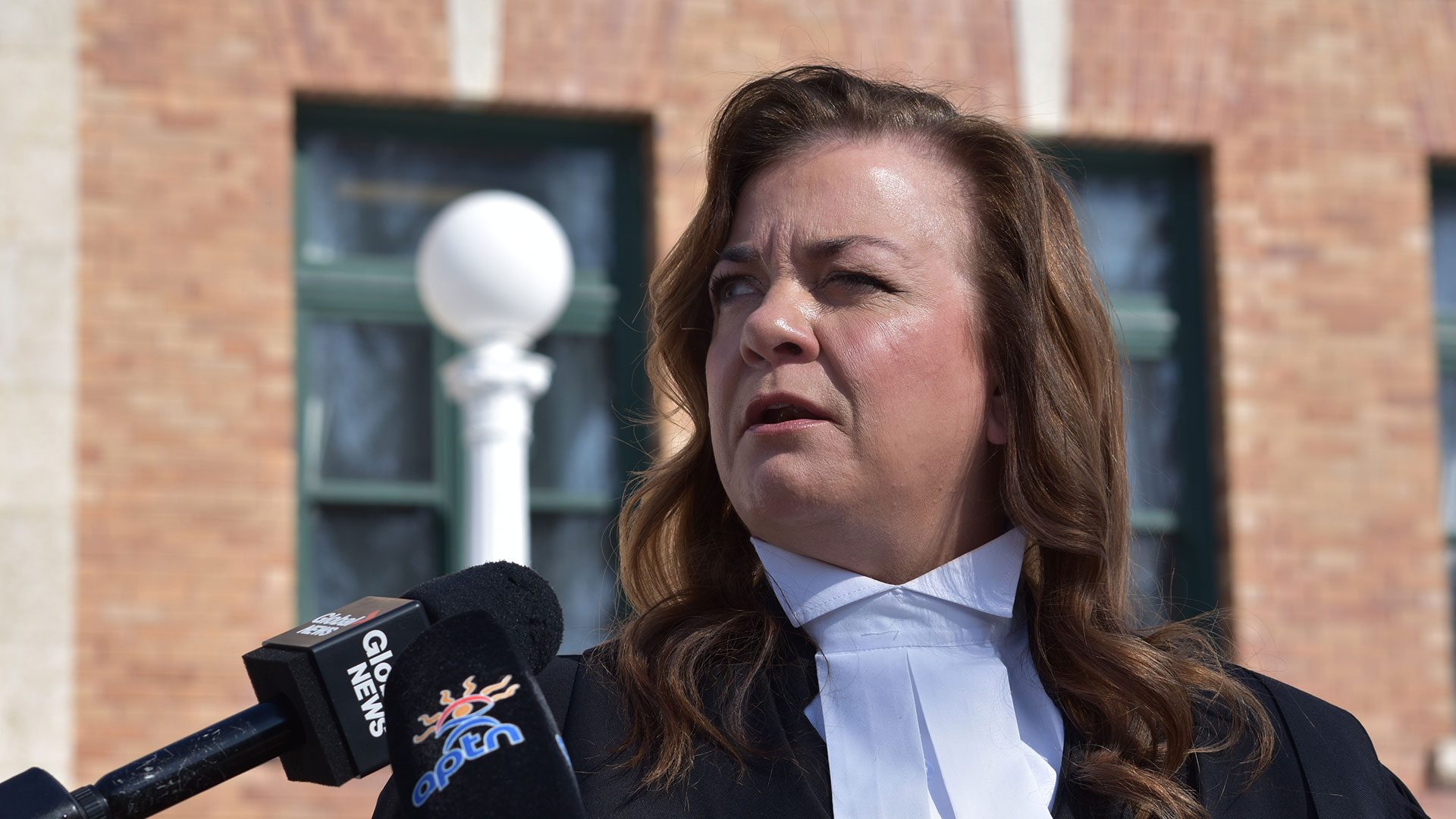
“Well, this has been a very difficult ordeal for the family of Joseph Dolff, it’s been a really difficult 30 years and it’s been a really difficult last few months. The Crown in the coming days will be carefully reviewing the decision of the judge and will be determining our next steps at that point,” said Kaip.
In a written submission, the Crown argued that the sisters had been able to abide by earlier release conditions than they may have been out of prisons decades earlier.
Kaip said that the sister’s failure to follow conditions should mean that they remain incarcerated because they have previously been unlawfully at large from minimum security facilities.
Justice Donald Layh said during the bail decision hearing in January that he would be focusing on three specific criteria of the case: whether the application was frivolous; whether the sisters would return to court if ordered and whether there is a public interest in keeping the sisters in prison.
The judge didn’t agree that the sisters would be a flight risk. He referenced the high-profile support of people like Sen. Kim Pate and members of Innocence Canada and the Yorkton Tribal Council as well as APTN News executive producer Holly Moore, who is working with the sisters, as deterrents to the sister’s not obeying bail conditions.
In the time they have been incarcerated, both sisters have worked to help others. Even when unlawfully at large, Nerissa worked with sex workers and two different churches on Vancouver’s Downtown Eastside according to submissions by the defence.
Ministerial review process
On June 2, 2022, federal Justice Minister David Lametti announced that there may have been a miscarriage of justice in the sisters’ case.
“On behalf of the Minister of Justice, I am writing to advise you that it has been determined there may be a reasonable basis to conclude that a miscarriage of justice likely occurred in this matter,” wrote a Department of Justice lawyer to Lockyer.
That review could take eight months to complete.
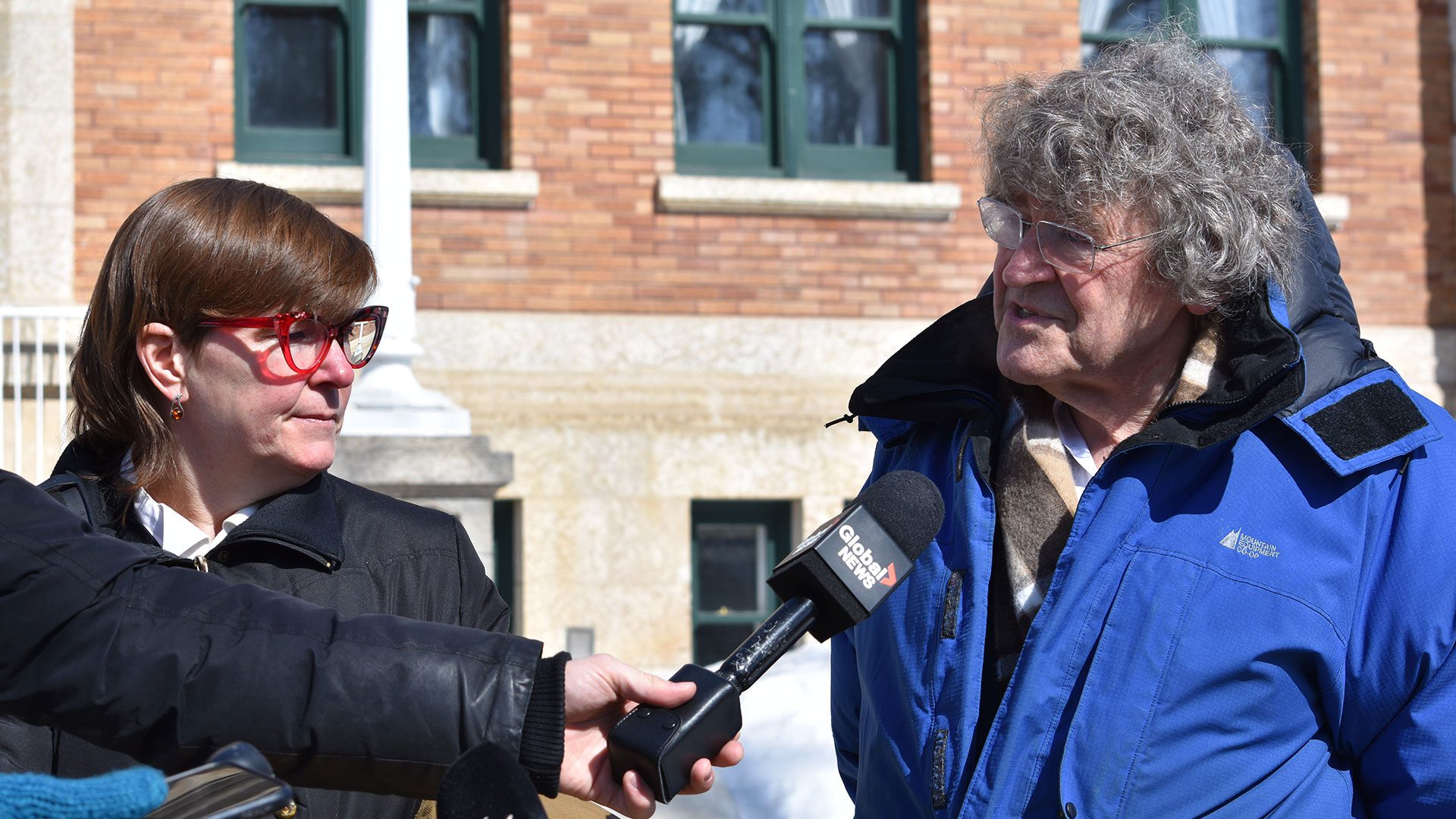
James Lockyer, a Toronto-based lawyer with Innocence Canada, who is representing the sisters said that this was a big step, but there was still more work ahead.
“The purpose of this is to get [the sisters’] convictions quashed so that their names are clear,” said Lockyer.
The Innocence Canada lawyer also said he has experienced a lack of cooperation from the Crown prosecutors office who have refused to provide the evidence that they have against the sisters from the second-degree murder conviction.
The sisters are the first Indigenous women to apply for a ministerial review, said Lockyer.
‘Over the moon’ that they are out
APTN News reached out to one of the women who the sisters met in prison. Penny Silas says she was at work in Alberta when she heard about the sisters being out on bail.
Silas, who works as a peer support worker in Calgary, Alta. helping people with alcohol and addiction problems, met Odelia and Nerissa in 1998 on a three-month stint in a healing lodge.
“Both sisters were so nice,” said Silas to APTN.
Silas was in and out of jail for drug trafficking and now uses her lived experience to help others.
She’s Cree but was adopted by a non-Indigenous family as a baby.
She said she was inspired by Odelia when she met her again in the Edmonton Institute for Women and later the Buffalo Sage healing lodge.
“Odelia came up and said ‘Penny you don’t remember me?’ and I was shocked she was still there.
“She was warm and welcoming and helped me out. Helped me feel more comfortable and got me to take some self inventory about where I was and what I was dealing with,” said Silas.
Silas said she was happy to hear about the sisters being released. She and Odelia kept in touch over the years and Silas said Odelia has helped to keep her grounded.
“I was over the moon happy [to hear the sisters are out]. It has literally been a lifetime…not very many people would have kept going like they did.”
Silas describes Odelia as someone with such a huge heart who always worked to take care of her family.








